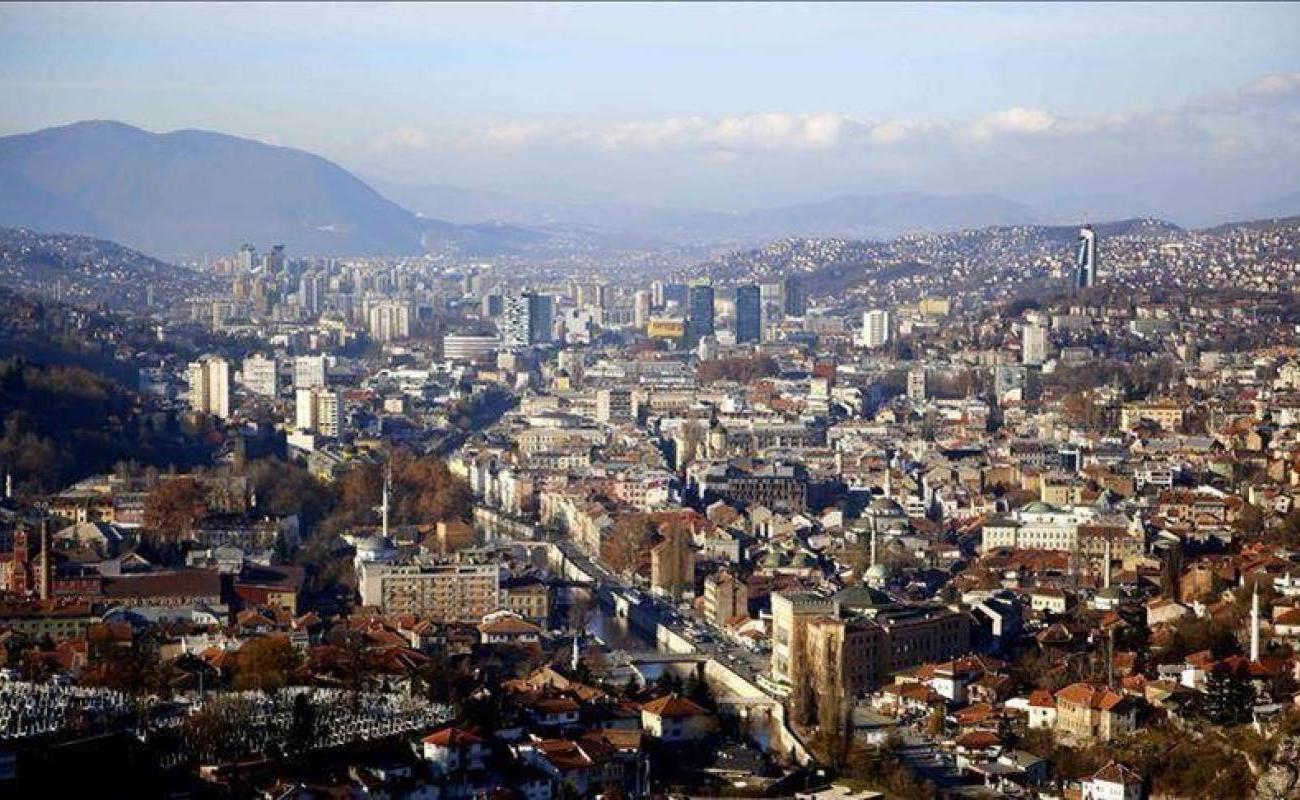Sarajevo to start using geothermal water in district heating system
In a bid to switch from heating oil and thus reduce air pollution stemming from its district heating system, the Canton of Sarajevo will soon be switching to geothermal water. A letter of intent was signed on November 16 between the European Bank for Reconstruction and Development and the Canton

Sarajevo is now set to start replacing heating oil with geothermal water. According to both the canton minister for communal economics, infrastructure, urban planning, and environmental protection Enver Hadžiahmetović and EBRD officials, the project will be a significant step in switching from fossil fuels to renewables and will help improve the quality of air in the Canton.
EUR 16 million to switch from fossil to renewables in district heating
The EBRD will be financing the project with a EUR 16 million loan as well as a further EUR 1.2 million in the form of grants.
“In the first pilot phase district heating it is planned that district heating systems switch to geothermal water. It will be implemented Vogoša and Ilidža as well as a few other boiler rooms with the “Toplane” company. This is an especially important energy project in the transition from fossil to renewable fuels. It is especially important from an environmental point of view that it [the project] has as a goal the improvement of air quality in Sarajevo,” the minister said.
Switch to geothermal water expected to improve air quality
Like most cities in the Western Balkans, Sarajevo also regularly tops the list of the most air polluted places in Europe. Last winter, the city’s air was polluted almost every day that measurements were made.
“This project will reduce air pollution caused by using heating oil and it will enable alternative fuels to be used for heating supply in the Canton of Sarajevo. The effects should be visible immediately after the completion of the project,” said Matteo Colangeli EBRD Western Balkans director.
Sarajevo has also become a part of the EBRD’s Green Cities initiative in 2019, after Zenica and Banja Luka. The switch to geothermal water for district heating is in line with the Green Cities action plan.
